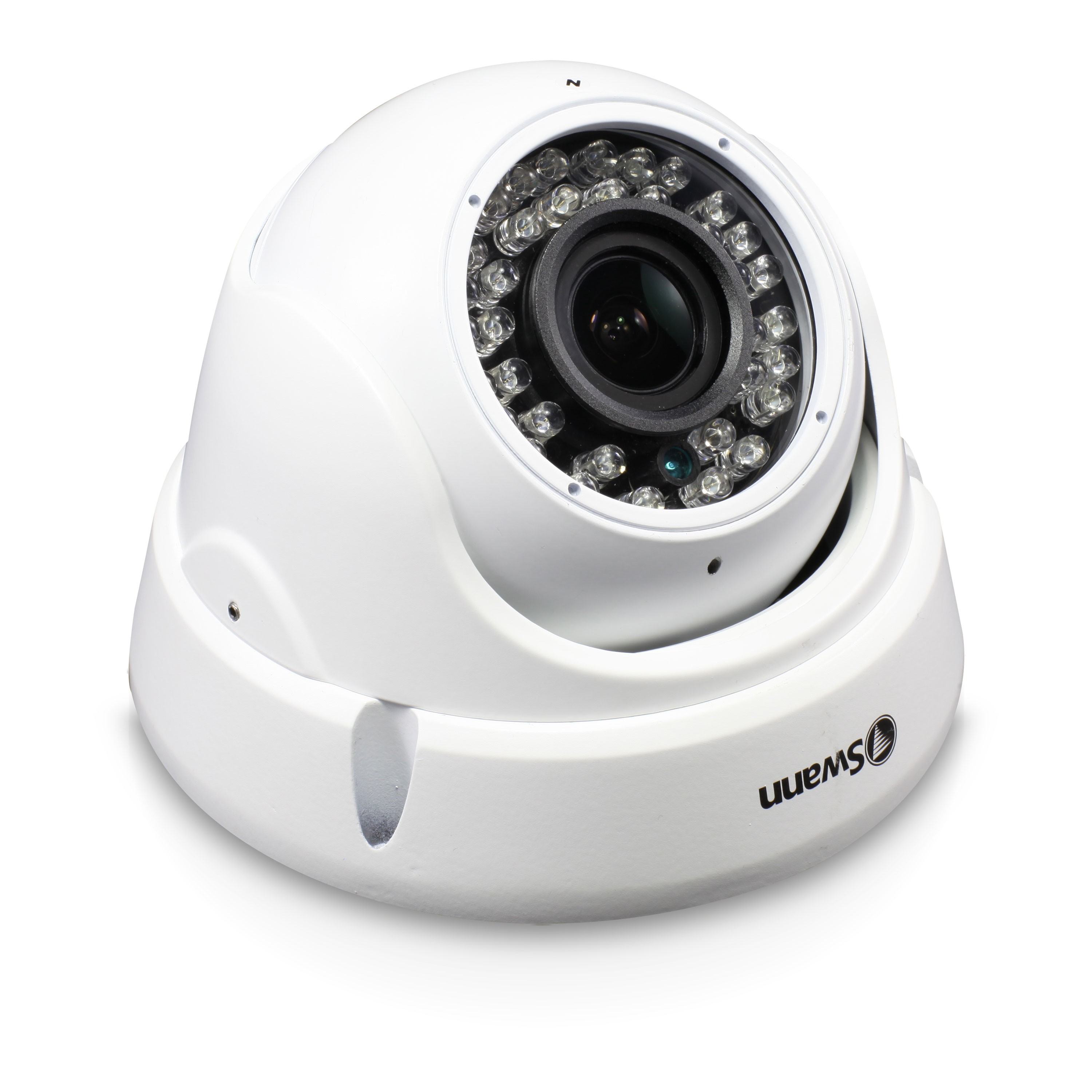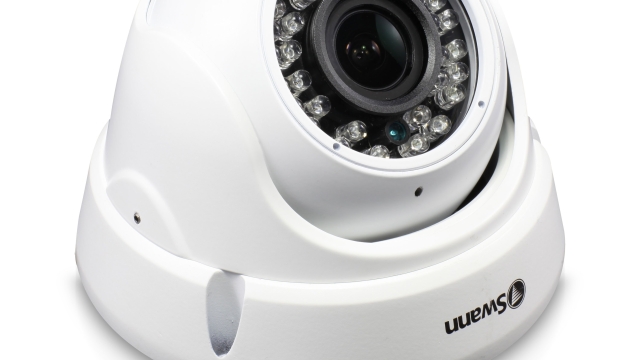
In today’s world, the presence of security cameras has become a common sight in both public and private spaces. From bustling city streets to quiet neighborhoods, these devices serve as vigilant observers, capturing moments and monitoring activities for our safety. The proliferation of technology has made security cameras more accessible and affordable, transforming them into essential tools for crime prevention and community protection. As we navigate through our daily lives, the reassurance offered by these unblinking eyes can’t be underestimated.
Security cameras provide a sense of security that extends beyond their physical locations. With the ability to record and transmit real-time footage, they empower individuals and law enforcement alike to respond swiftly to incidents. The visual documentation they create not only acts as a deterrent to potential criminals but also aids in ensuring accountability and transparency in various settings. As we explore the impact of security cameras on our safety, it becomes clear that they are vital components of modern security strategies, fostering a safer environment for everyone.
The Rise of Security Cameras
In recent years, the proliferation of security cameras has transformed how we think about safety and surveillance. Once primarily found in high-risk areas like banks and airports, security cameras are now commonplace in residential neighborhoods, retail establishments, and public spaces. This widespread adoption can be attributed to advances in technology, making cameras more affordable and accessible to the average consumer. The increase in urban crime rates has also prompted individuals and businesses to invest in security camera systems to deter criminal activities and enhance personal safety.
The impact of security cameras extends beyond mere crime prevention. Many communities have embraced these devices as part of their public safety strategy, utilizing them to monitor traffic patterns, improve emergency responses, and gather evidence in the event of incidents. Furthermore, the integration of smart technology allows for real-time monitoring, alerts, and remote access, providing users with a greater sense of control over their surroundings. This shift has contributed to a culture where individuals feel empowered to take charge of their safety.
Moreover, security cameras have sparked discussions about privacy and ethics. As their presence grows, so do concerns regarding constant surveillance and data collection. Balancing the benefits of enhanced safety with respect for individual privacy rights has become a prominent topic among policymakers, communities, and consumers. Despite these debates, the rise of security cameras continues, reflecting our collective desire for safety in an increasingly unpredictable world.
Impact on Crime Reduction
The presence of security cameras in public and private spaces has been shown to have a significant impact on crime reduction. Studies indicate that areas equipped with surveillance systems experience lower rates of theft, vandalism, and other criminal activities. Potential offenders are often deterred from committing crimes when they know they are being watched, which leads to safer environments for residents and visitors alike. This deterrent effect not only benefits individuals but also fosters a greater sense of community security.
Moreover, security cameras play a crucial role in enhancing the responsiveness of law enforcement. In the event of a crime, recorded footage can provide valuable evidence that assists in identifying suspects and solving cases more quickly. This ability to gather concrete evidence reduces the chances of crime going unnoticed and unpunished, creating a climate where people feel more secure. Additionally, this real-time monitoring allows for quicker responses to incidents, which can prevent further escalation of criminal activities.
As communities embrace the use of security cameras, they often experience a shift in social behavior. The increased surveillance contributes to a heightened sense of accountability among residents, as individuals are aware that their actions may be recorded. This encourages a culture of lawfulness where people are more likely to abide by regulations and look out for one another. In this way, security cameras not only serve as deterrents but also as tools for building safer communities through the promotion of collective responsibility.
Privacy Concerns and Ethical Considerations
The proliferation of security cameras in both public and private spaces has raised significant privacy concerns among citizens. As these devices become increasingly ubiquitous, individuals often find themselves under constant surveillance, leading to questions about what constitutes an invasion of privacy. Many worry that the mere presence of security cameras can create a chilling effect where people feel they are always being watched, which may influence their behavior and freedom of expression. The balance between safety and privacy remains a contentious issue, sparking debates around the ethical implications of using surveillance technology.
Ethical considerations also extend to the data collected by security cameras. With the ability to capture high-definition footage, these devices can store vast amounts of personal information without the consent of those being recorded. This raises questions about who has access to this data, how it is used, and the potential for misuse. Improper handling of surveillance footage can lead to breaches of trust, especially if individuals are not informed about how their information might be employed. Hence, it is essential for companies and governments employing security camera systems to establish clear policies regarding data usage and protection.
https://worldstarsecuritycameras.com/professional-security-cameras-installation/
Additionally, the deployment of security cameras can disproportionately affect marginalized communities. In many cases, these groups are subjected to higher levels of surveillance, raising concerns about profiling and discrimination. The ethical implications of targeted monitoring can exacerbate existing inequalities, leading to a sense of disenfranchisement among those affected. To foster a more equitable approach, it is critical for policymakers to engage with community stakeholders in discussions about surveillance practices and to ensure that security measures are implemented fairly and transparently.


